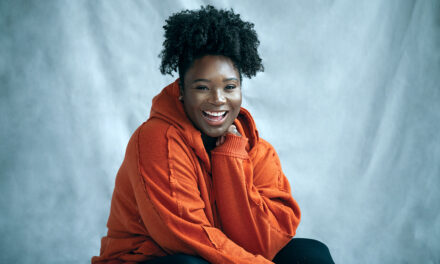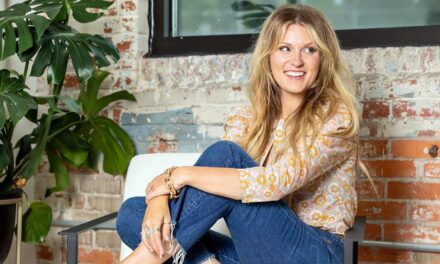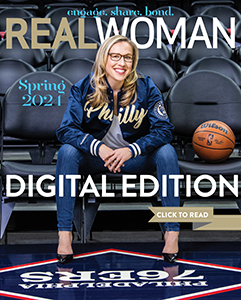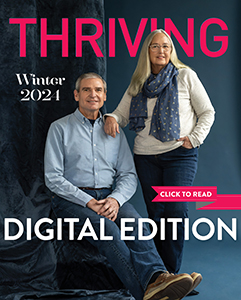When your state is ranked 43rd in females serving in the state legislature, hanging in the company of Kentucky, Alabama, and Mississippi, talking to women about the importance of running for office can feel more like lip service than public service. And although the Rutgers University Center for American Women and Politics (CAWP) was founded in 1971 with a mission to monitor the trends of American women in politics, that’s where New Jersey found itself in 1998—at the bottom.
That’s what led CAWP to create Ready to Run, a non-partisan campaign-training project for women, which helped New Jersey climb up the ladder to where they rank today—number 10. “Living in a state where the population is educated and open minded, we knew we could do better and felt a responsibility to do something about [being ranked 43rd],” says Debbie Walsh, director of CAWP. “We came up with Ready to Run. We have made a difference, but we still have a ways to go.”
In fact, New Jersey still has no women serving in the congressional delegation, although Walsh says that could change this year—Assemblywoman Bonnie Watson Coleman (D-Mercer) and Senator Linda Greenstein (D-14th Dist.) are running to fill the seat being vacated by U.S. Rep. Rush Holt (D-12th Dist.).
Ready to Run—now in its 15th year—seeks to impress upon women the importance of serving in public office and then to arm them with the skillset they need to raise money, campaign, and succeed in office. One of biggest hurdles is often convincing women they are capable of running, says Walsh. “One of the things we know is that women are less confident in their ability to run. Men will look in the mirror and say ‘I’d be great in the state legislature.’ Women think they don’t know enough to run,” she says. “But chances are you know a lot more about your community than you give yourself credit for.”
Another difference between the genders is motivating factors. While men who run for office often say they had a longstanding interest in politics, women tend to credit their passion for the issues—or one particular issue—for leading them to public office. That’s especially true because women get pulled in so many directions. “Even in 2014, women are the primary caregivers at home and also work full-time outside the home,” Walsh says. “Many elected positions aren’t paid particularly well. There are lots of meetings, and it can become a full-time job. So we are asking women to take on another full-time job.”
However, convincing women they have what it takes to run is only half of the battle for Ready to Run. With Washington gridlocked and New Jersey politics sullied from scandals, part of Walsh’s job is demonstrating that women can have significant impact, especially on the state and local levels, from getting a traffic light installed in a dangerous intersection to ensuring the accessibility of healthcare for women. “There’s an expression in politics that if you’re not at the table, you’re probably on the menu, and I think that’s really true,” Walsh says. “We want—and we need—women at the table.”
Nuts and Bolts
Ready to Run has continued to evolve and grow over the past 15 years, and the programming now features two main tracks—one for women who have decided to run for office and one for women who want to position themselves for a run down the road. Expert speakers cover topics like effectively using social media, dealing with the press, navigating the political parties, and fundraising.
In an effort to ensure there is diversity among the women they encourage to run, Ready to Run launched a diversity initiative seven years ago, which includes Run Sister Run, Elección Latina, and Rising Stars—for women of color. “It’s a chance for women to hear from women in their communities who are doing those jobs and get some candid advice,” says Walsh.
Ready to Run has also extended to other states—there are now 14 partnership programs in the country, including two in Pennsylvania at Chatham University and the University of Scranton.
However, while the program continues to expand, and high-profile female candidates on the national stage like Texas gubernatorial candidate Wendy Davis and Hillary Clinton who is leading in the polls for the 2016 Democratic Presidential nomination, continue to inspire women, Walsh says it’s still an uphill battle to get more women engaged in politics. “We’re not near parity. Women underestimate who they know, what they know, and the power they can have,” she says. “I’m hoping more women will think about running for office as a way to turn their passion into action.”








